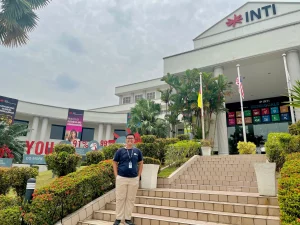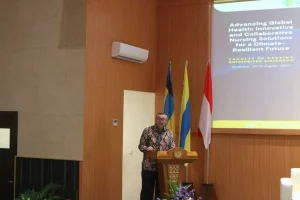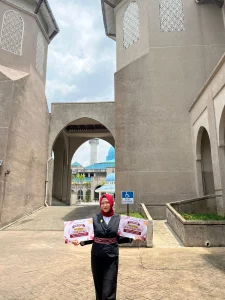UNAIR NEWS – Indonesia currently has the second-highest poverty rate in ASEAN, with more than 60% of its population living below the global poverty line (Source: World Bank).
Temporary fix, not a permanent solution
According to Prof. Dr. Bagong Suyanto, a sociology expert from the Faculty of Social and Political Sciences (FISIP) at Universitas Airlangga (UNAIR), charitable approaches such as the Family Hope Program (PKH) and Non-Cash Food Assistance (BPNT) remain ineffective. These programs only provide short-term relief without enabling poor communities to become self-reliant.
Empowerment over dependency
Many social assistance programs appear caring but lack empowerment. Long-term impact could be achieved more effectively by providing capital in the form of productive assets rather than consumptive support.
Root causes of poverty
Only 20% of poverty stems from purely economic reasons. The rest involves social issues, limited access to education and information, and even structural discrimination.
Multidimensional strategy
Tackling poverty requires a holistic policy approach. Strengthening the economy must include government support for micro and small enterprises—not just large corporations—to build sustainable, inclusive growth.
Read also:
Other infographics









